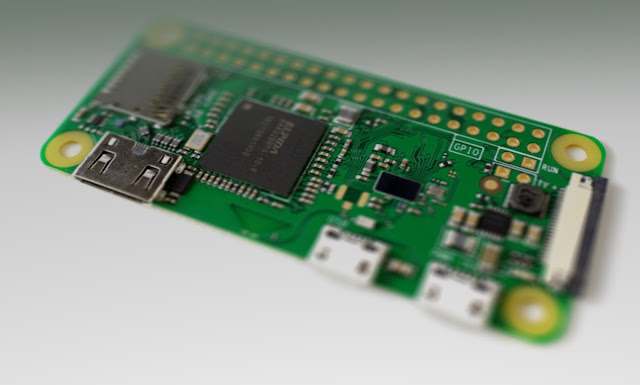Understanding MTBF (Mean Time Between Failures) and its relation to MTTR (Mean Time To Repair) in Maintenance Management

In the realm of maintenance management, ensuring equipment reliability and minimizing downtime are crucial for the smooth functioning of businesses across various industries. One key metric that helps measure reliability is MTBF (Mean Time Between Failures). In this blog post, we will delve into the concept of MTBF, its significance, calculation methods, and practical applications, drawing insights from reliable sources such as Limble CMMS and UpKeep. 1. What is MTBF? MTBF stands for Mean Time Between Failures. As explained on the Limble CMMS blog, MTBF is an important metric used to measure the average time between failures of equipment or systems. It provides valuable insights into the reliability of assets, aids in maintenance planning, and helps optimize resources. 2. Understanding the Calculation: According to UpKeep's comprehensive guide, calculating MTBF involves dividing the total operational time by the number of failures. This gives us an average estimation of how long eq...
